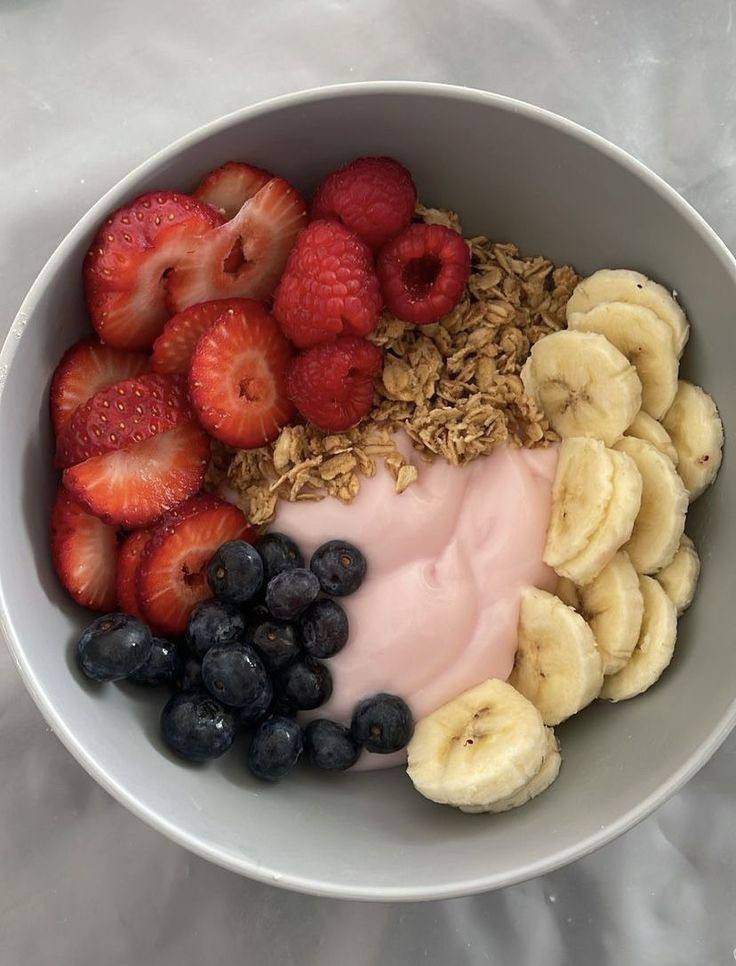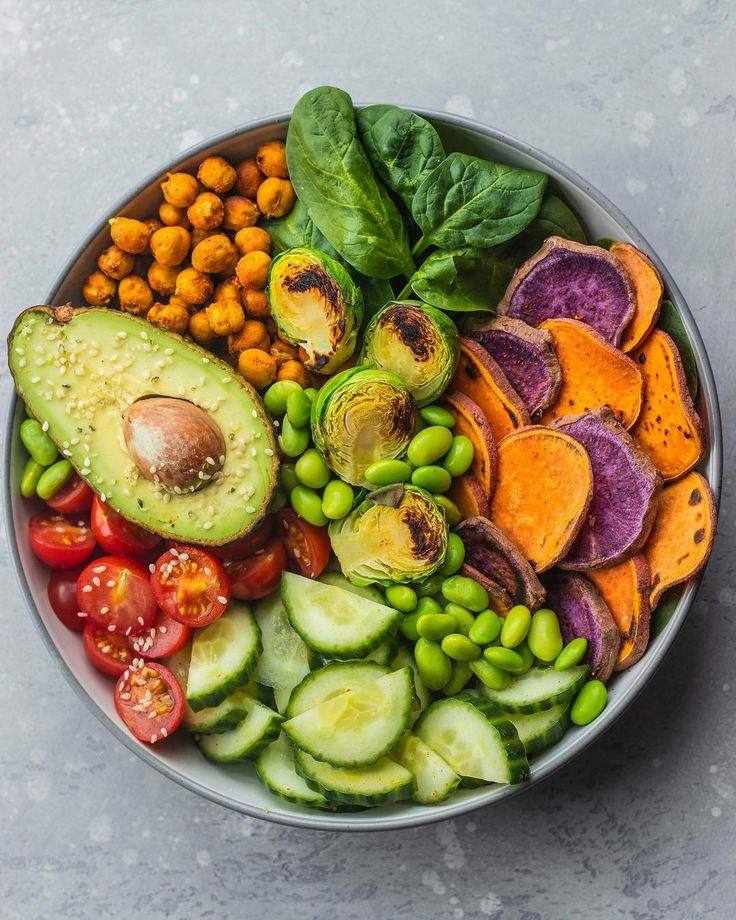Many health professionals don’t want you on a restrictive diet. Restrictive diets are a way of eating that reduces calories below someone’s energy needs and limits the macronutrients or food groups a person eats, said Jennifer Rollin—founder of The Eating Disorder Center in Rockville, Maryland.

Rollin said such diets aren’t sustainable. You might not get your calorie or nutrient needs. Also, they might encourage bingeing behaviors and lead to unhealthy relationships with food and your body. But how do you know when a diet is restrictive or when you are just making choices with health or longevity in mind?
There are good rules of thumb. If you find that you base your choices on hopes of losing weight or if your diet excludes whole food groups. You are likely on a restrictive diet, said Natalie Mokari, a dietitian based in Charlotte, North Carolina.
How Often Are You Thinking About Food?
One way to evaluate your diet is to look at how much you think about food. With a health-conscious lifestyle, you might be able to eat what your body needs and move forward. But when on a restrictive diet, people tend to obsess over what they eat, what they will eat, and the shame they feel after they have eaten, Mokari said.
ALSO READ: Mental Health Expert Warns People Turning to AI Therapists
Restriction can make social gatherings less fun and meals less satisfying, and figuring out how to eat can become a full-time job.
“It starts to be kind of overconsuming for somebody in their day-to-day lives, and it inhibits their enjoyment,” she said. “It can create lots of obsessive behavior. Food is not meant to be thought about in that way.”

How Rigid Are You?
Rollin said another good gauge is your flexibility around the style of eating you follow. “There’s a difference between a preference for eating or a way of eating that makes somebody feel good versus a set of rigid rules that have to be followed,” she said, adding that those mandates often come with guilt and shame.
POLL—Should Laws Be Enacted To Protect LGBTQ+ Individuals From Workplace Discrimination?
Certain health conditions require the complete elimination of food. But otherwise, Rollin said, you can permit yourself to approach the food in question in a more balanced way.
For example, are you saying that you will never have cheese again if you are trying to limit cheese? Or can you be comfortable adding fruits, vegetables, and nuts to the charcuterie board alongside the cheese so you eat less? “Instead of looking at what you can cut out,” Rollin said, “look at what you can add in.”
Can You Have Just a Little Bit?
With her clients, Mokari likes to use the 80/20 rule 80% of the time they focus on eating all the foods needed for a particular diet or health concern. Also, she said 20% of the time, there is more leniency.
And doing so isn’t just to leave room for fun. This approach also helps avoid a restrictive mindset. “If you put all these rules around certain foods, you’re going to feel like feast or famine on that food,” she added.
Rollin said that feeling as if you can’t control yourself around particular foods might be a sign that you are being too restrictive in your diet. Also, she stated that you can be physically restrictive by not allowing yourself to eat the food or mentally restrictive by shaming yourself while eating it and afterward.
Rollin said the drive to eat foods that aren’t always available is evolutionary. She added that human bodies are primed for times of famine to consume as much as possible when we encounter our next food source.
ALSO READ: Is Radish Good for Diabetics? Here’s What Experts Have to Say
Moving Away From Restriction
If you want to make food decisions with health in mind but want to eliminate a restriction, Rollin and Mokari recommend working with health professionals to determine exactly what doing so means.

Some people, both online and offline, claim they have a secret diet for treating health conditions. Rollin said it is important to work with your doctor, a dietitian, and/or an eating disorder therapist to determine what is healthy for you and what is part of diet culture.
“Early in the pandemic, when toilet paper was limited, what did everyone do? They ran out and ordered toilet paper, right?” she said. The goal is to remove the mystique of demonized foods, so you can make choices based on what your body needs rather than what your brain is scared it won’t be able to get again.
Nevertheless, there are health conditions, such as allergies, in which foods must be eliminated entirely. Rollin said to be sure to follow your doctor’s advice in those cases.
You Might Also Like:
Cornel West Announces BLM Activist Melina Abdullah as His Vice President
10 Movies Nobody Should Ever Watch
Laid-Off Tesla Worker Recounts Moving Across the Country for Job Six Months Ago
Fluoride Ban in Drinking Water Divides Communities Across the US
